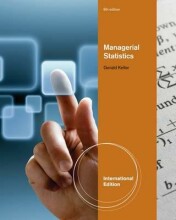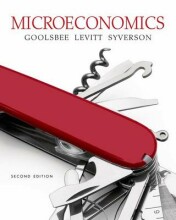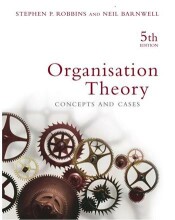Understanding the Management Process
12 important questions on Understanding the Management Process
What are the 4 kinds of resources that management deals with?
2. Human
3. Financial
4. Informational
What are the 4 management functions?
2. Organising
3. Motivating and leading
4. Controlling
What is a mission statement?
- Higher grades + faster learning
- Never study anything twice
- 100% sure, 100% understanding
What is the strategic planning process?
What is the difference between a goal and a objective?
What are tactical plans?
What are contingency plans?
What 3 steps does controlling consist of?
2. Measuring actual performance
3. taking corrective action
What are the types of specialist managers and what are their responsibilities?
2. Operations - in control of the systems that turn resources into products/services
3. Human resources - hiring, training, performance evaluation, following government laws about employment practises
4. Administrative - overall guidance and leadership, communication with other managers.
What are the 5 skills of a successful manager?
2. Analytical (identifying problems and finding solutions, prioritising, etc.)
3. Interpersonal (effective dealing with others)
4. Technical (skills needed for a specific job, especially for line managers)
5. Communication (should be effective in order to understand how to maximise digital communication potential)
What is the difference between formal and informal leadership?
What are the 3 styles of leadership?
2. Participative (employees involved in decision-making, can be consultative, consensus and democratic)
3. Entrepreneurial (personality-based, task-oriented, seeks to inspire with visions and future benefits)
The question on the page originate from the summary of the following study material:
- A unique study and practice tool
- Never study anything twice again
- Get the grades you hope for
- 100% sure, 100% understanding































